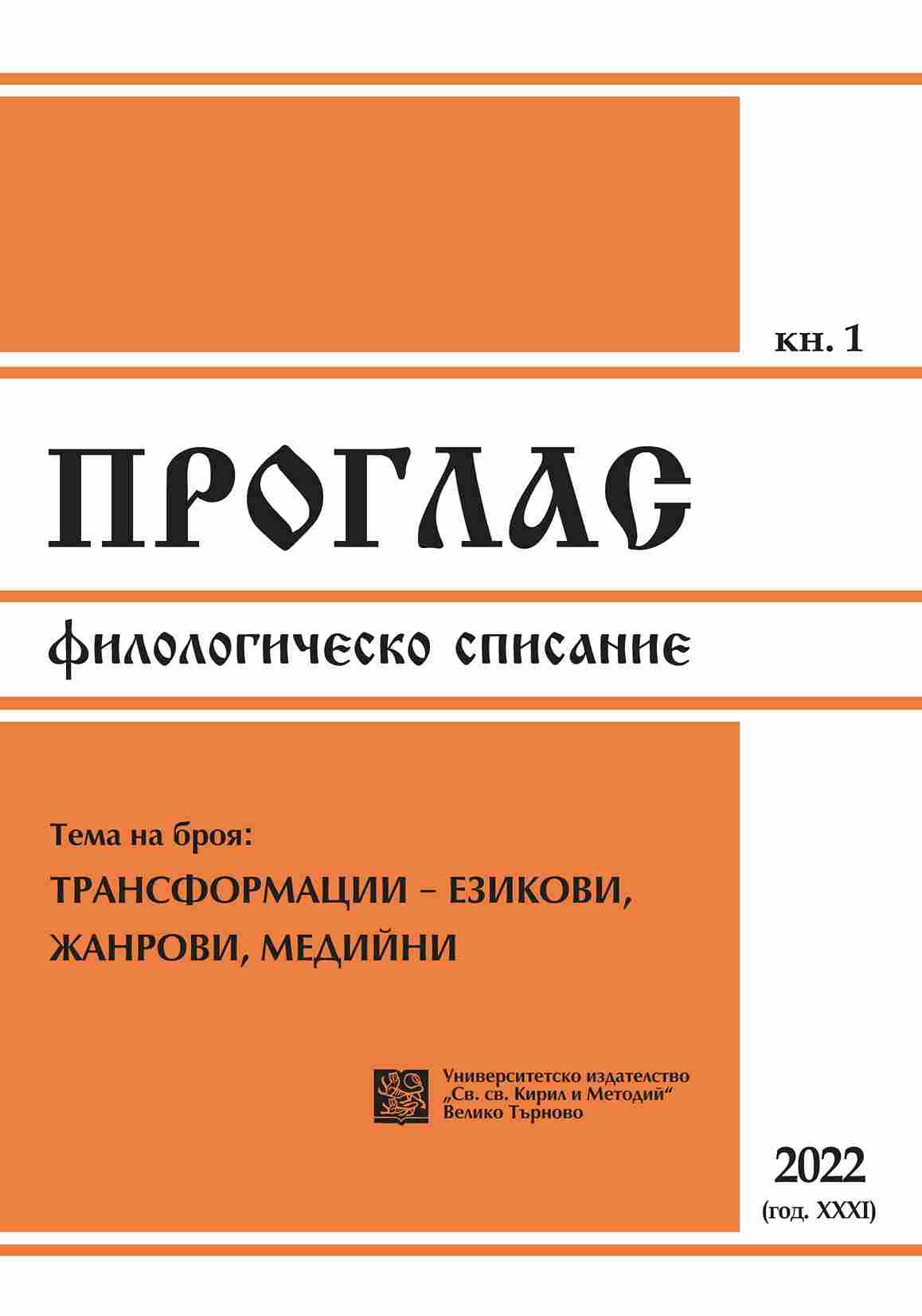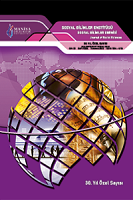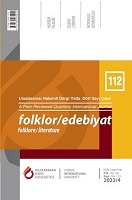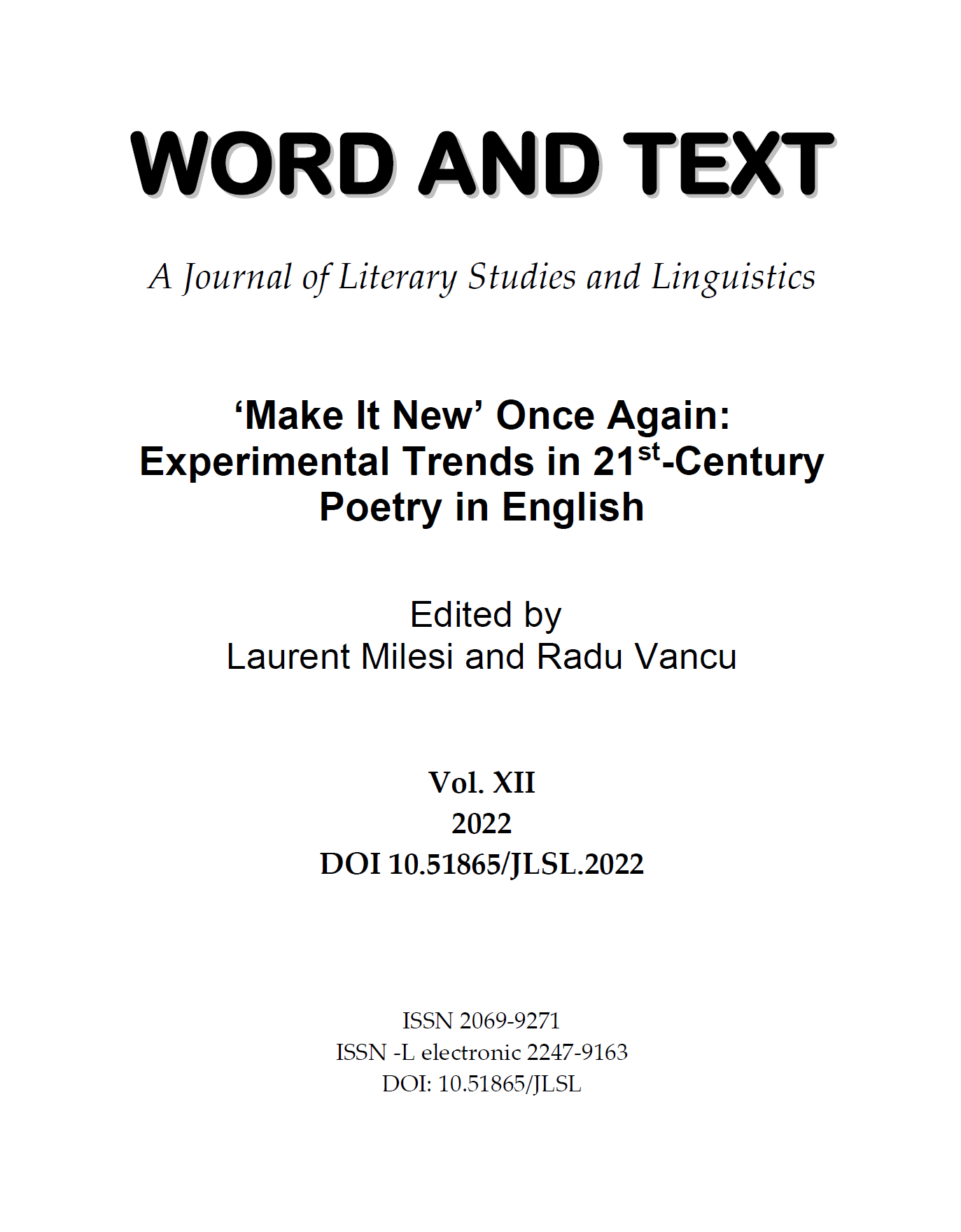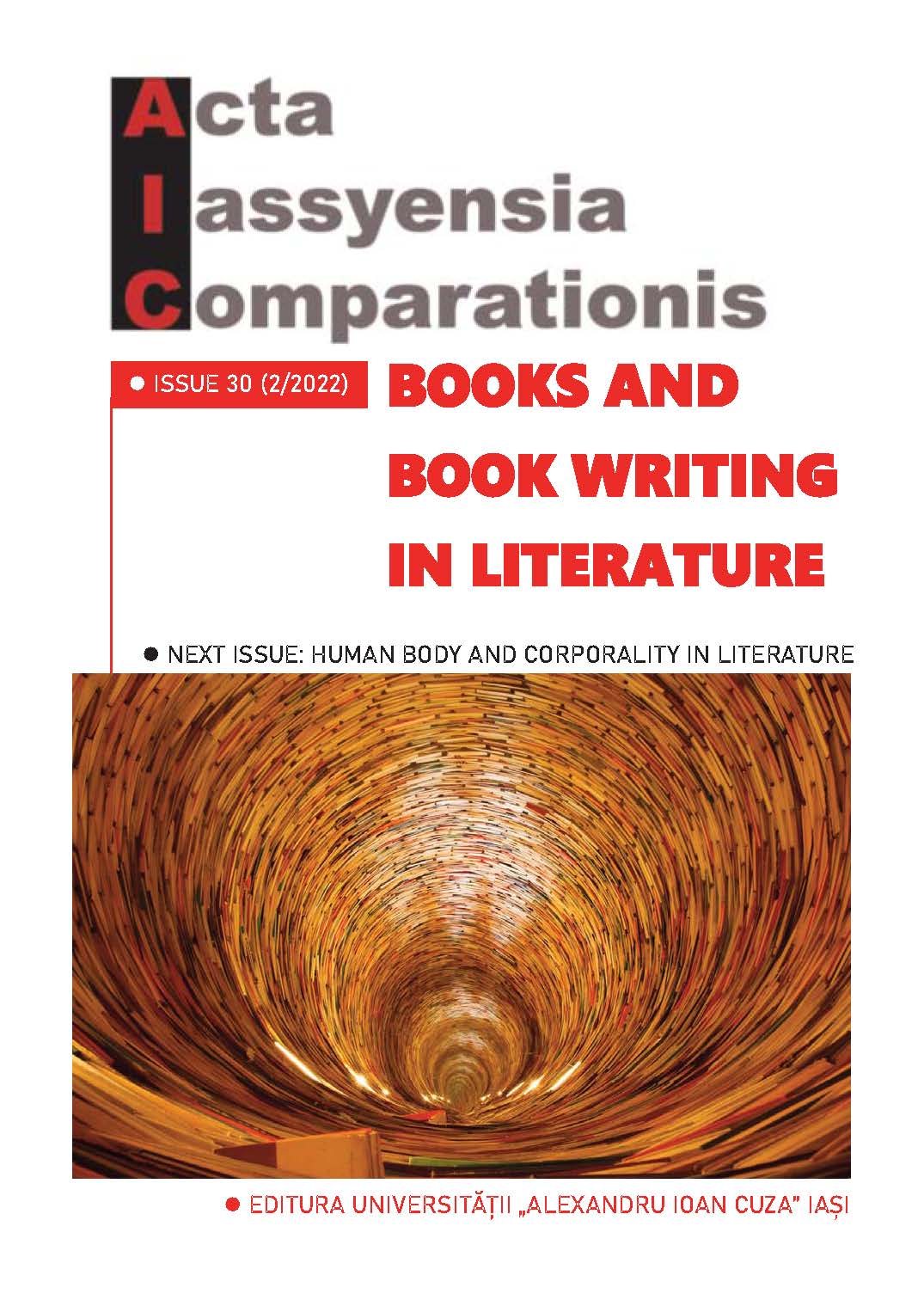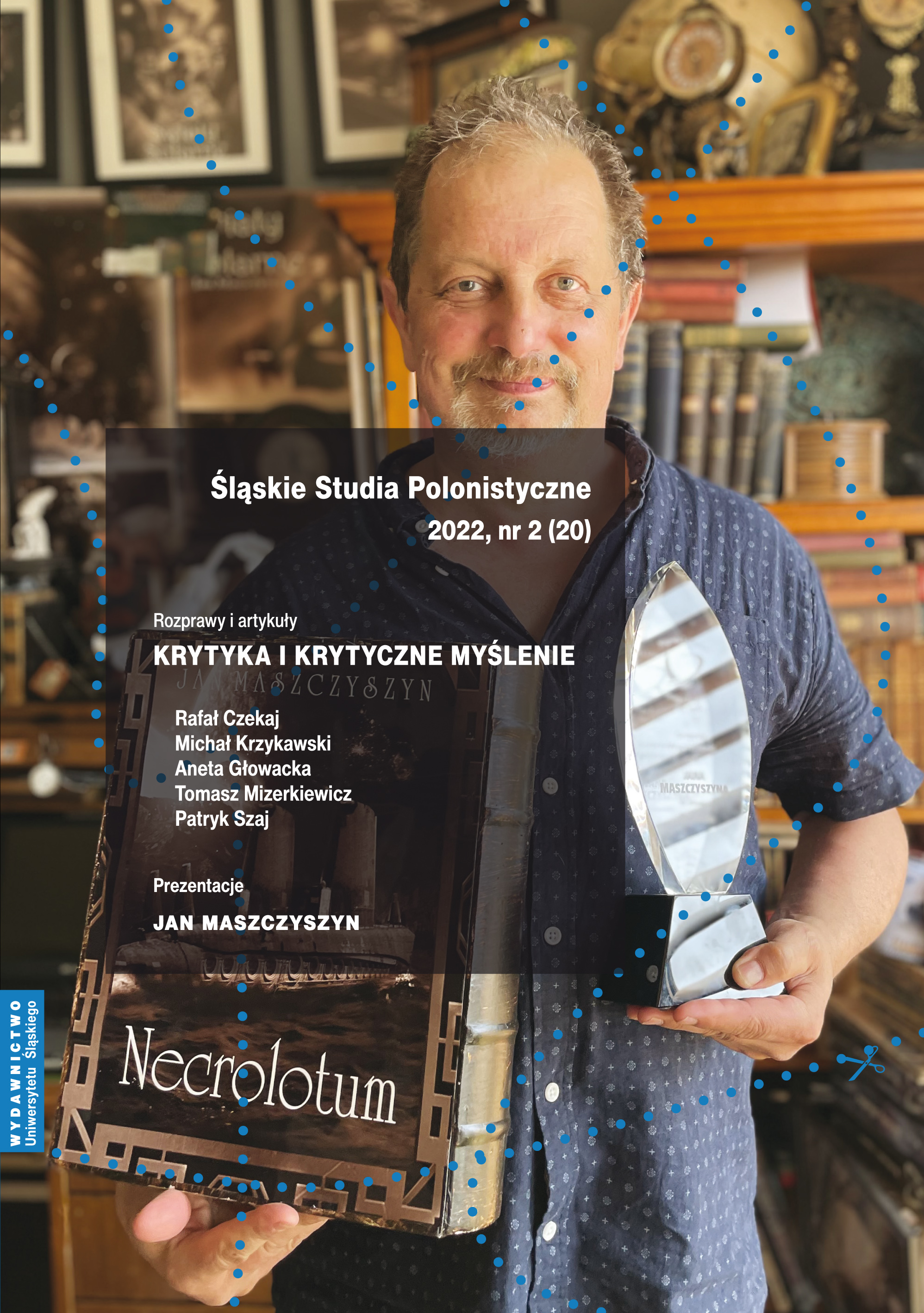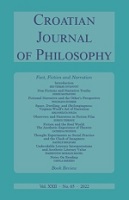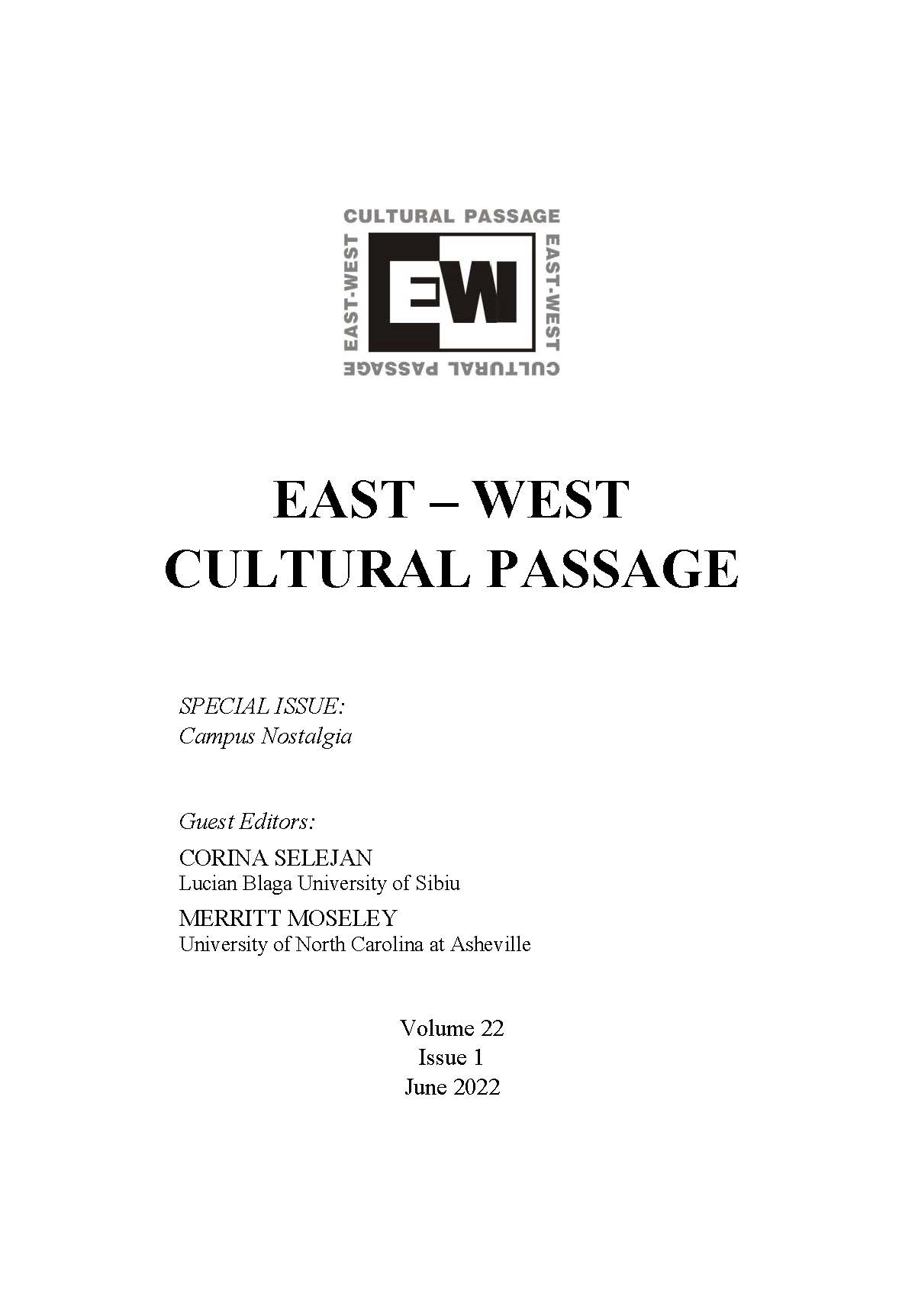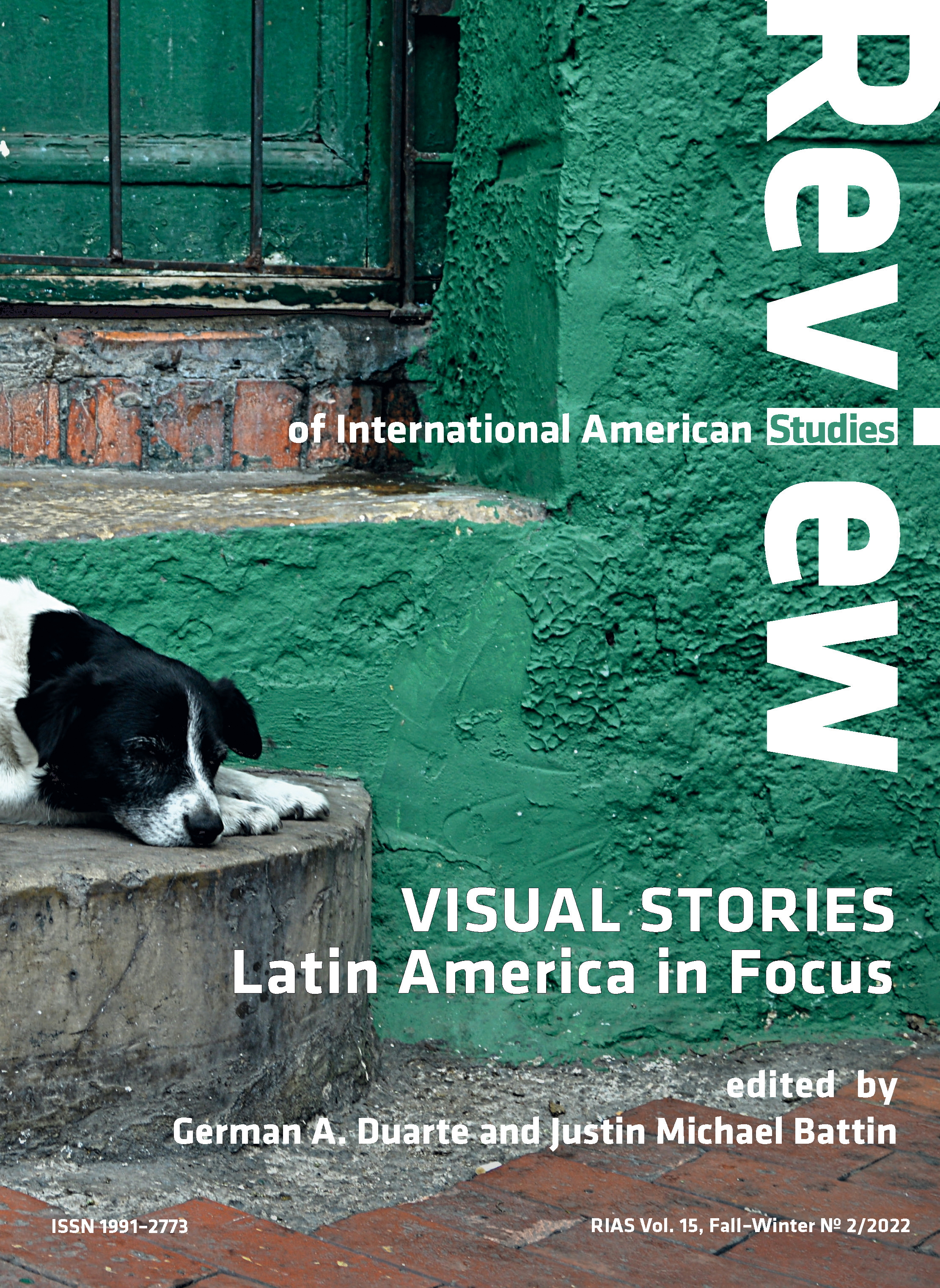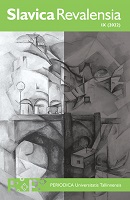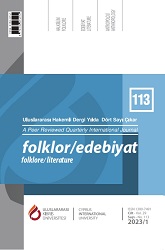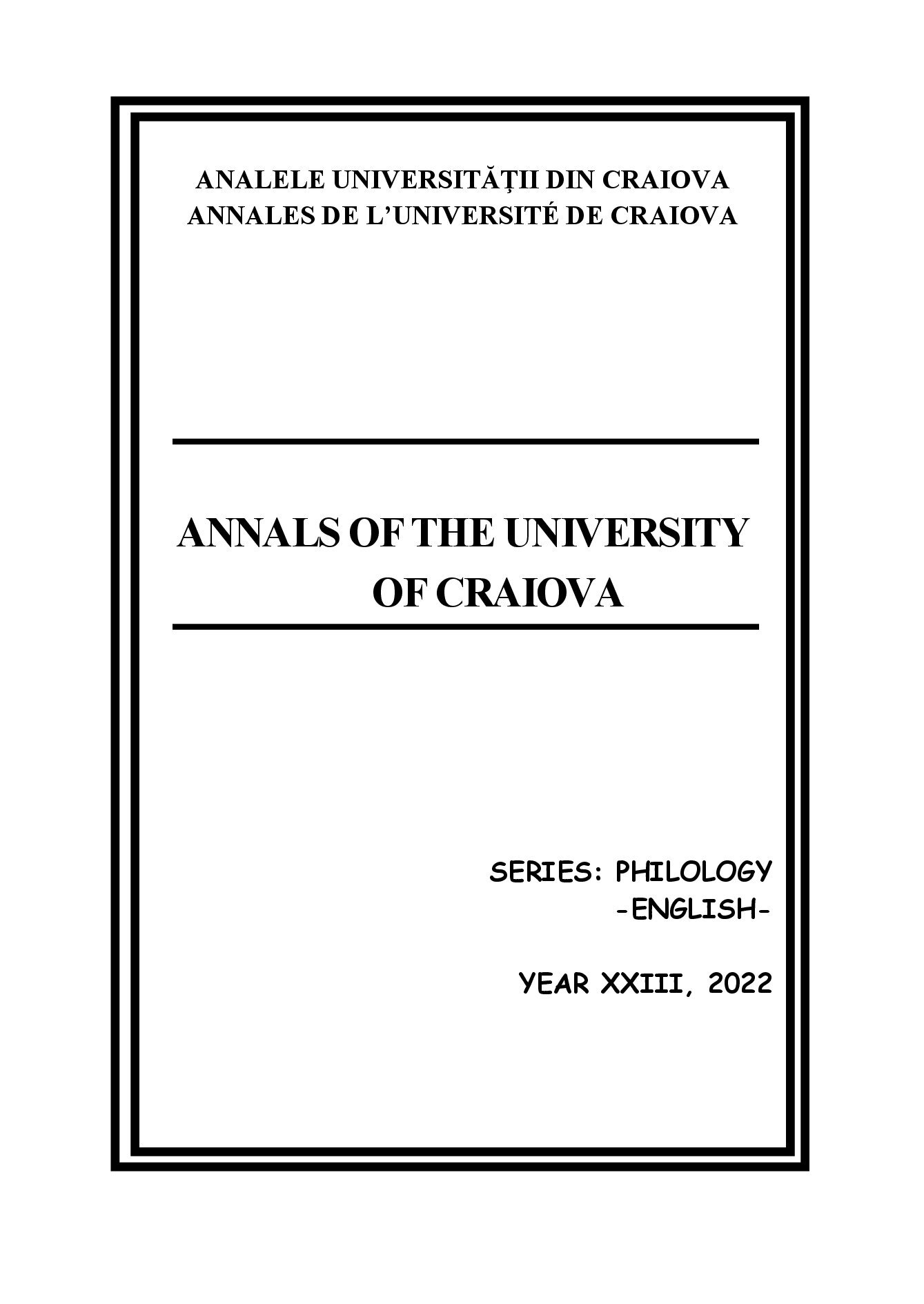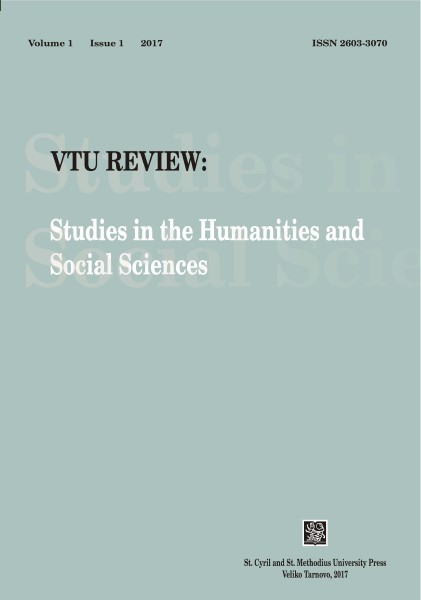
Towards a Post-Traveller’s Travelogue: Aspects of an Ethical Turn in Contemporary European Travelogues on America
This article investigates the forms that contemporary travel writing may assume, especially those shaped by a more critical outlook and an ethical stance towards alterity. The investigation is based on the following selection of contemporary travelogues on America, written by French theorists and Greek intellectuals: America by Jean Baudrillard (1988), American Vertigo: Travelling America in the Footsteps of Tocqueville by Henri- Bernard Lévy (2006), A Villager in New York by Yannis Kiourtsakis (2009) and Manhattan-Bangkok by George Veis (2011). The themes under scrutiny are space, identity and alterity. The article is primarily concerned with the imperialist perspectives that can be detected in the genre as well as with the subsequent management of European stereotypes about “Americanness” and the current “Americanization” of the planet. Particular emphasis is laid on the critical response to globalization through the elaboration of political, philosophical, but also aesthetic concerns in the travelogues under discussion. Finally, the writing modes in these travelogues are examined as a means of building self-reflexive and unstable narrative identities – defined here as “posttravellers.” The latter are located in an attempt to go beyond postmodern attitudes, embracing a more ethically concerned critical thinking about Self, space and an interactively defined Other.
More...
